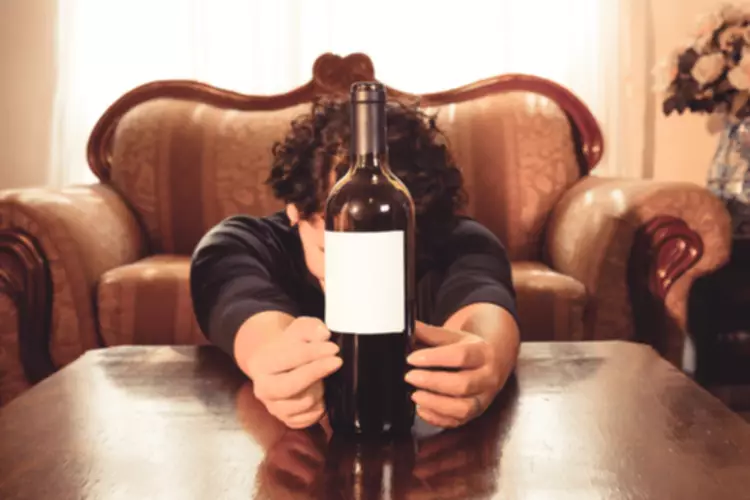
Sober nights are a great way to enjoy a night at a club Alcohol Use Disorder dancing with friends without the temptation to drink. Many local 12-step groups learn which local bars offer “booze free” nights and share the information at meetings. It’s a great way to enjoy dancing or socializing with friends without substances. Finding a place to live after drug rehab is one of the first things you may need to consider as your departure date arrives. If you lived with your family before entering rehab, that’s the first place to consider.

Understanding Your Relapse
- John’s strengths are being able to work in any clinical area of the Elevate Program.
- Being aware of your triggers is the first step in understanding how to prevent relapse in the future.
- Above all, remember that a relapse does not signal failure on your part or the part of the treatment center.
- That is why people who experience a relapse after completing a treatment program are much more likely to experience an overdose.
If you feel your motivation waning as time passes, it might be time to return to rehab. You don’t need to feel a high sense of motivation every single day, but if you’ve noticed a decline in motivation over time, rehab can help. Along with the action https://ecosoberhouse.com/ steps you need to care for your physical body, don’t neglect your mind and spirit, either. Mental and emotional health are both important parts of your recovery.

Recovery Programs
The people close to you may better grasp your present condition than you do. They can offer insight that will help you determine whether or not you should return to rehab. Jesse Quaid is a Certified Alcohol and Drug Counselor- Certified Addiction Specialist (CADC-CAS) who works in the Intake, Insurance and Clinical Records departments at Elevate Addiction Services.

Vertava Health Locations
Whether it’s a personal tragedy or work, life can get in the way from time to time. If you were to slack on your recovery maintenance techniques, it is more than possible that you will experience a relapse. This step is very important because there is a good chance that their drug or alcohol binge could happen again if they don’t get the support that they need to overcome the relapse. If a treatment sponsor isn’t available, it helps to call a trusted friend or family member instead.
- If you or a loved one is in need of substance abuse treatment, please reach out to Spring Hill Recovery Center.
- She is a practicing healthcare professional holding a doctorate in physical therapy at DOW University of Health Sciences.
- Sometimes you master them all at once, but for others, mastery happens more slowly.
- The idea is that after rehab, you’ll have something to enjoy once you’re back at home, and a place where you can make new friends.
- Continued use after relapse is dangerous, deadly, and makes recovery even more complicated.
- It signals that drug addiction and alcoholism are indeed cunning, baffling, and powerful.
Recent research has shown that roughly half of the people who enter a treatment program for their drug or alcohol addiction will relapse within less than a year of being released from it. Cognitive behavioral therapy (CBT) is a mode of therapy commonly used to treat addictions. going back to rehab CBT is very useful when it comes to identifying how a person responds to certain triggers — or people, places and things that fuel their desire to use drugs or alcohol.
How Do I Find the Right Drug and Alcohol Rehab?

After a setback like relapsing, the disappointment can hit hard and leave someone feeling incredibly discouraged. It is never too late to seek help and start your recovery journey. American Addiction Centers is here to answer questions and provide support. Whether you are seeking treatment for the first time or after a relapse, our websites are a helpful resource.
- With so many possible triggers, an AUD relapse is not out of the ordinary as 40-60% of substance users experience a relapse.
- Carrie counsels clients with abuse trauma, helps them rebuild their self-worth and assists them in obtaining healthy coping skills.
- Some of the other treatment options that are available include partial hospitalization, inpatient and outpatient therapy, and aftercare programs.
- These programs, along with alumni recovery programs, can also keep you accountable and help prevent relapse.
- Joining a gym, taking classes, attending the house of worship of your choice, and yes, going to meetings are all great ways to make new, sober friends.

